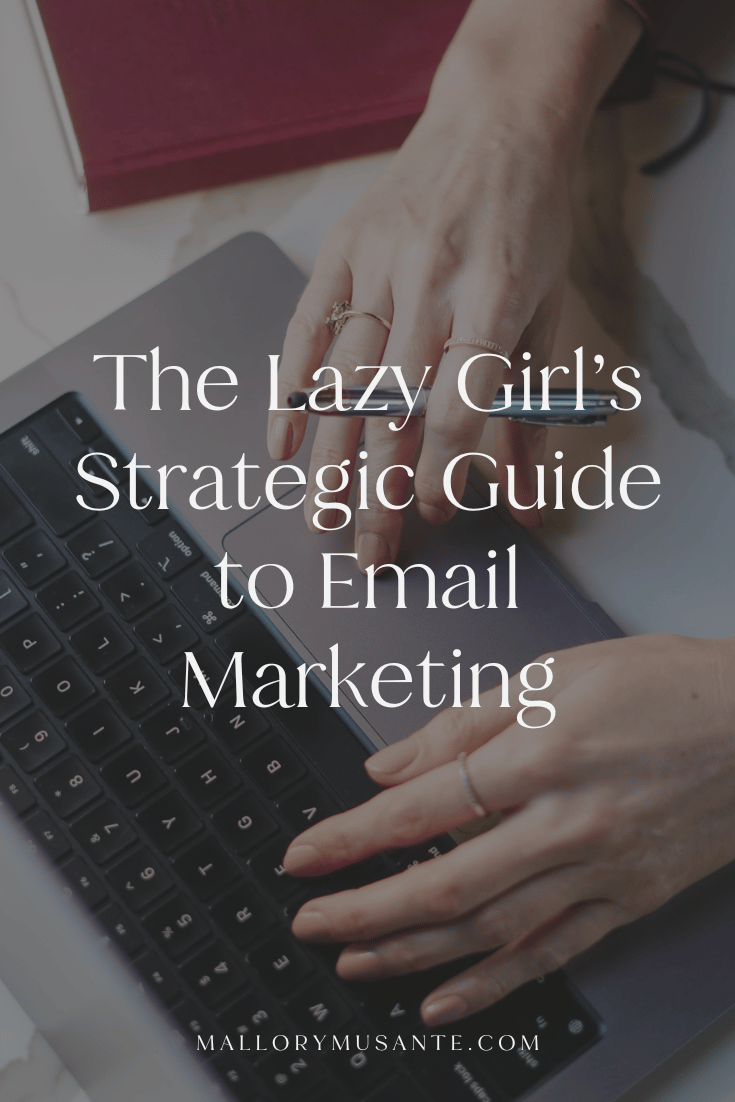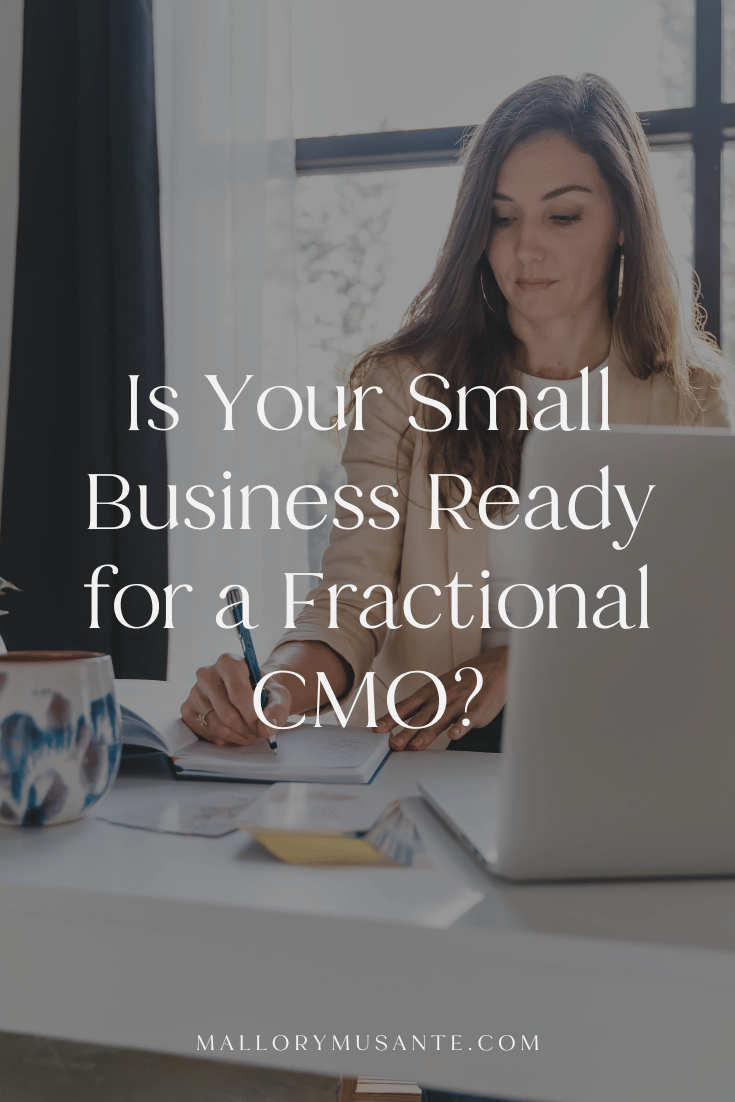The 4 Buyer Types and How to Use Them to Market Your Small Business
When we talk about target markets we often default to demographic information: Age, geographic location, gender, and more. But in my experience, the most powerful information you can have about your target market is understanding their psychology and behaviors. How do they think about things? How do they make decisions? Where do they look for information? What do they value and believe in?
This type of information is invaluable and allows you to connect with your target market on a much deeper level
One of the tools you can use to understand their psychology and behaviors a little better is the 4 buyer types. You can use these profiles to help you understand and connect with your target market on a deeper level throughout your marketing and any touch points you have with them during the sales process.
You can use this tool (or any others) to help you in the very early stages of developing your ideal client avatar (ICA) but remember that as you get to know your target market better, revisit this tool and others to continuously refine your ICA profile. Your ICA’s behaviors may change over time and by continuously observing and refining, you will stay on top of understanding them on a deeper level so you can maintain your connection even if you need to make any shifts in your marketing strategy.
What are Buyer Types?
Buyers can generally be categorized into four types: Analytical, Expressive, Driver/Leader and Amiable. Each type has distinct characteristics, preferences, and decision-making processes and by recognizing and understanding these buyer types, you can start tailoring your marketing efforts to meet your target market where they’re at with the information they are actually looking for.
Let’s breakdown each of the buyer types and how you can better market to them:
Analytical Buyer
Characteristics: Detail-oriented, logical, and data-driven
Motivators: Logic and information
Overview: Analytical buyers need substantial information and evidence before making a purchase. By providing in-depth offer details, case studies, and comprehensive comparisons, marketers can satisfy their need for data, building trust and credibility.
They can seem indecisive and withdrawn but actually just want to have all the information because they want to avoid as much risk as possible so be mindful of that.
How to best market to them: Provide as much information as possible and use as many facts and figures as possible.
Your website should answer any questions or objections they may have and you can also use this information throughout the rest of your marketing as well. You can identify these based on actual conversations you’ve had with your target market on sales calls, through email, or even in social media conversations.
Make sure to infuse statistics, testimonials, case studies, and any other data you have throughout your content and copy. They want it all upfront so they know they are making a good investment.
Expressive Buyer
Characteristics: Enthusiastic, imaginative, and social
Motivators: Recognition and approval
Overview: Expressive buyers are attracted to brands that inspire and engage them on an emotional level. Relationships are incredibly important to them as they want to have strong bonds with the people they work with. They want to work with people with shared values and vision.
They’re not necessarily impulsive but they do rely on gut instinct.
How to best market to them: Creative and visually appealing marketing campaigns, along with interactive and social experiences, can capture their interest and drive purchases. Create an emotion-based connection through storytelling using your own personal stories, testimonials, and anecdotes to help inspire them and illustrate the transformation they could experience with you and your offer.
Driver/Leader Buyer
Characteristics: Results-oriented, decisive, and competitive
Motivators: Power and respect
Overview: Driver buyers seek efficiency and quick results, but they can be difficult to sell to because they are very skeptical and fearful of being taken advantage of. They are also concerned with how their decisions are perceived by others and influence their appearance.
Because of all of this, they need to trust someone completely before they purchase.
How to best market to them: Marketing that emphasizes offer performance, time-saving benefits, and competitive advantages will resonate with their desire for swift and decisive action and tangible outcomes.
Share information that presents you as a thought leader and proof of your offer working as you have to earn their trust. Be concise and focused on big picture benefits vs. the details.
You may also want to provide them with options so they feel like they are in control of the decision.
Amiable Buyer
Characteristics: Relationship-focused, supportive, and cooperative
Motivators: Stability and cooperation
Overview: Amiable buyers value personal connections and a sense of trust. They aim to make others happy and are constantly worried about how their choices affect others so it can be difficult for them to make decisions.
Having someone listen to their concerns and take them seriously is important to them and they want to know how their purchase will benefit them and the people they’re worried about.
How to best market to them: Marketing efforts that emphasize customer service, testimonials, and community engagement can resonate deeply with this group, fostering loyalty and repeat business.
They are receptive to stories but know that they are often slow to make decisions because they want input from others. So you’ll want to be sure to illustrate how your offer will not only benefit them but those around them too.
Highlight the ease of working together and be systematic in your messaging and approach. Do not throw new information in last minute.
—
By identifying and understanding the buyer types, you can create more personalized and effective marketing campaigns and assets. Pairing the information on buyer types in your marketing with your key messaging will naturally help attract higher quality leads that are ready to purchase because they already have the information they are looking for. This helps decrease the cost of acquisition for new leads and ultimately, helps increase your conversion rate for sustainable business growth.































